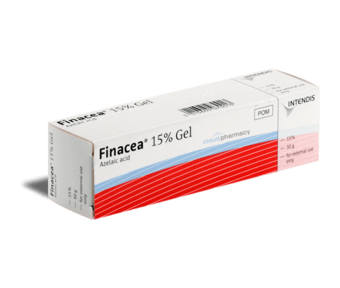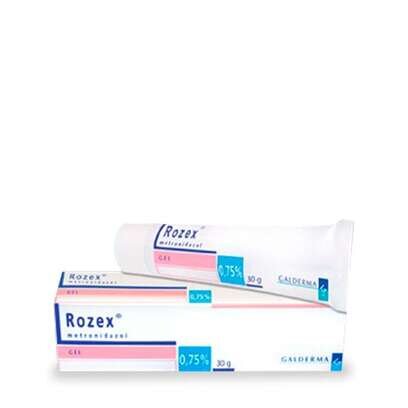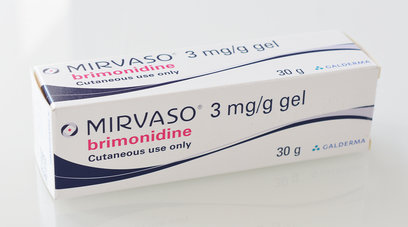Before we can issue a treatment, you’ll need to answer a short assessment. This assessment will help us recommend the right treatment for you.

Finacea 15% Gel
From £18.99Mirvaso Gel
From £42.99
Rozex 0.75% Cream & Gel
From £17.99
Soolantra (ivermectin) Cream
From £37.99
Rozex 0.75% Cream & Gel
Soolantra (ivermectin) Cream
Finacea 15% Gel
| Medication | Ashcroft Pharmacy |
|---|---|
| 15% x1 Tube - 15% | £18.99
Order now |




